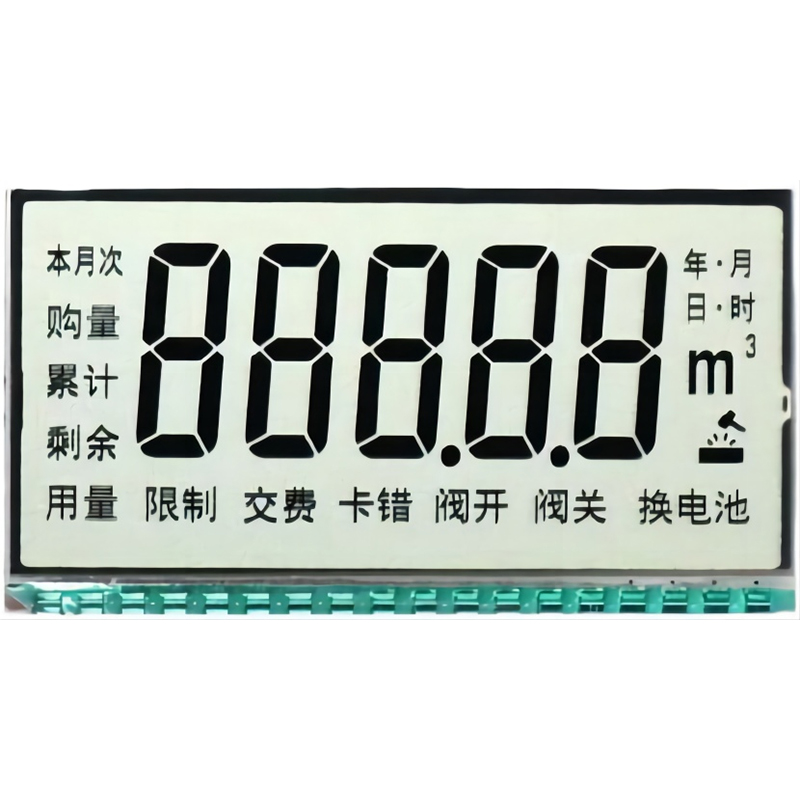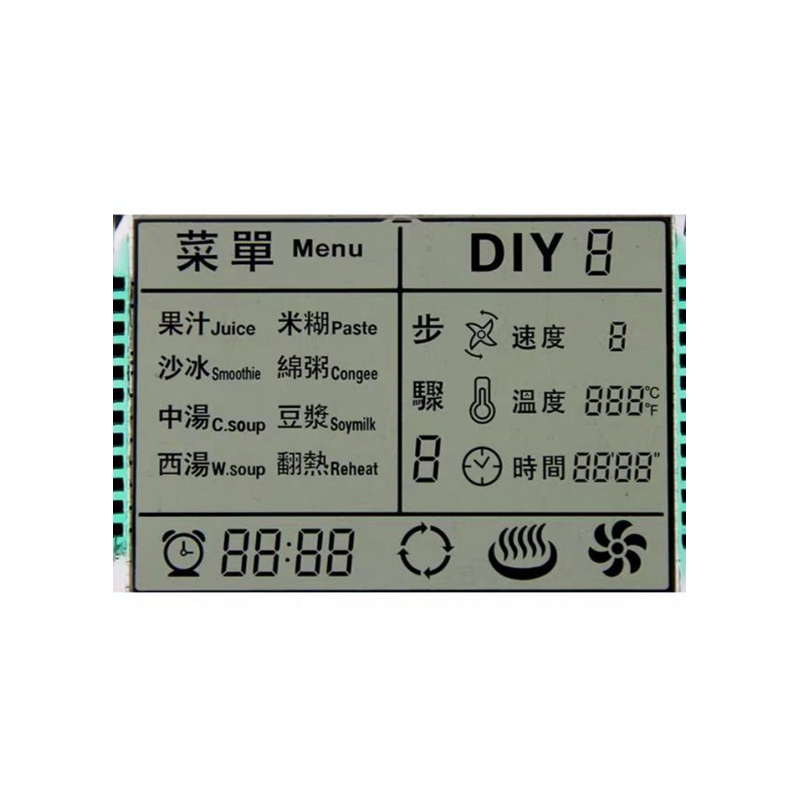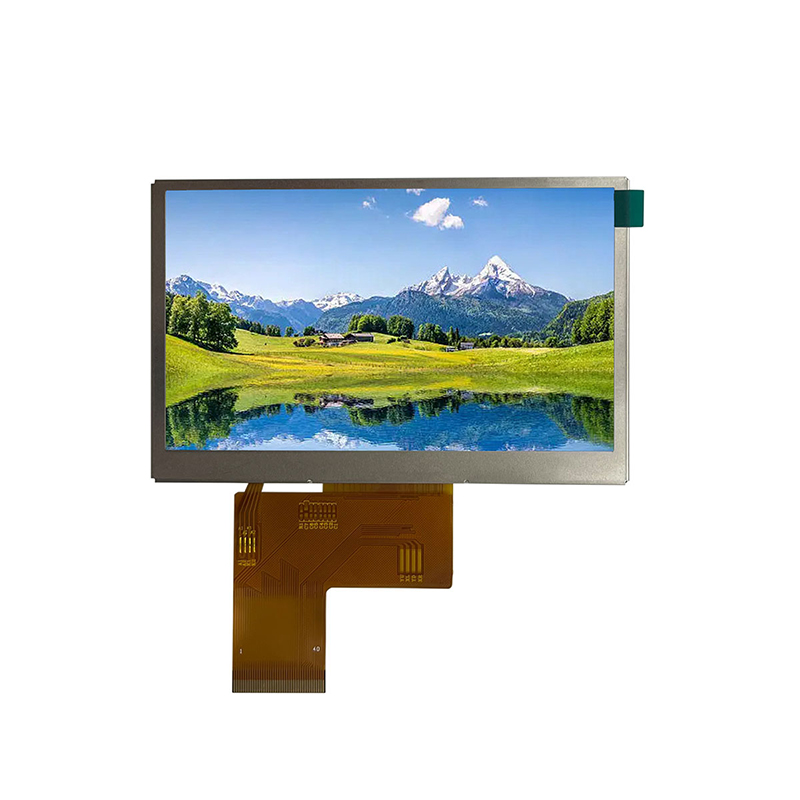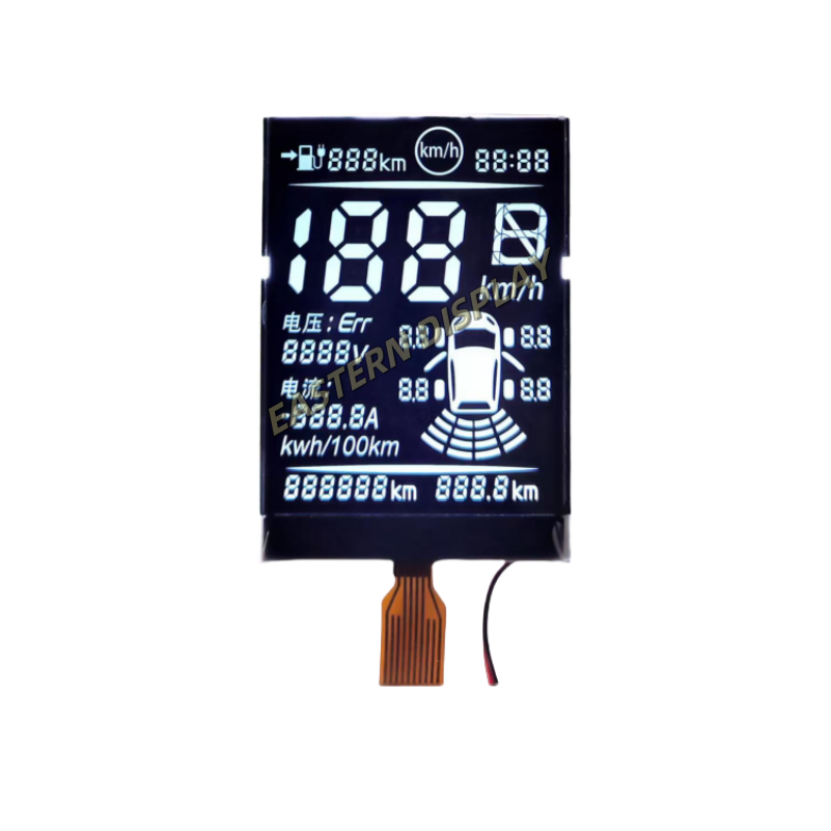Understanding TFT Screen Prices: A Comprehensive GuideTFT screen prices vary greatly depending on several factors. This guide will help you understand these factors and navigate the market to find the best TFT screen price for your needs.
Factors Affecting TFT Screen Prices
Several key elements influence the cost of a TFT screen. Understanding these will empower you to make informed purchasing decisions.
Screen Size and Resolution
Larger screens with higher resolutions generally command higher prices. A 27-inch 4K display will be significantly more expensive than a 15-inch 720p screen. The manufacturing process for higher-resolution panels is more complex and requires more precise components, leading to increased costs.
Panel Type
Different TFT panel technologies exist, each with varying price points and performance characteristics. IPS (In-Plane Switching) panels, known for their superior color accuracy and viewing angles, are typically more expensive than TN (Twisted Nematic) panels, which offer faster response times but potentially compromised color reproduction. VA (Vertical Alignment) panels represent a balance between the two, offering a compromise between price, response time, and viewing angles.
Features and Functionality
Additional features can significantly impact the
TFT screen price. Features like HDR (High Dynamic Range), high refresh rates (e.g., 144Hz, 240Hz), adaptive sync technologies (FreeSync, G-Sync), and touch functionality all add to the overall cost. Displays with built-in speakers or USB hubs will also be more expensive.
Brand and Manufacturer
Reputable brands often command premium prices due to their established reputation for quality and reliability. However, lesser-known manufacturers may offer competitive prices for displays with comparable specifications. Researching various brands and comparing their offerings is essential. Consider exploring manufacturers like Dalian Eastern Display Co., Ltd. (
https://www.ed-lcd.com/) for a broad range of options.
Supply and Demand
The market dynamics of supply and demand also play a role. High demand for specific screen sizes or technologies can lead to price increases. Conversely, surplus inventory may result in lower prices. Keeping an eye on market trends can help you find better deals.
Comparing TFT Screen Prices: A Practical Approach
Before purchasing a TFT screen, compare prices from multiple online retailers and consider the total cost of ownership. Shipping fees, warranty options, and potential return costs should all factor into your decision-making process.
Using Online Price Comparison Tools
Several websites specialize in comparing prices from various retailers. Using these tools can save you time and potentially lead to cost savings. Remember to verify the specifications of each display before making a purchase, as seemingly similar products can have significant performance differences.
Conclusion
Determining the right
TFT screen price involves careful consideration of many factors. By understanding these factors and using the strategies outlined above, you can make an informed choice and find the best value for your money. Remember to consider screen size, resolution, panel type, features, brand reputation, and market dynamics. Don't hesitate to compare multiple options and use price comparison tools to ensure you're getting the best deal.













